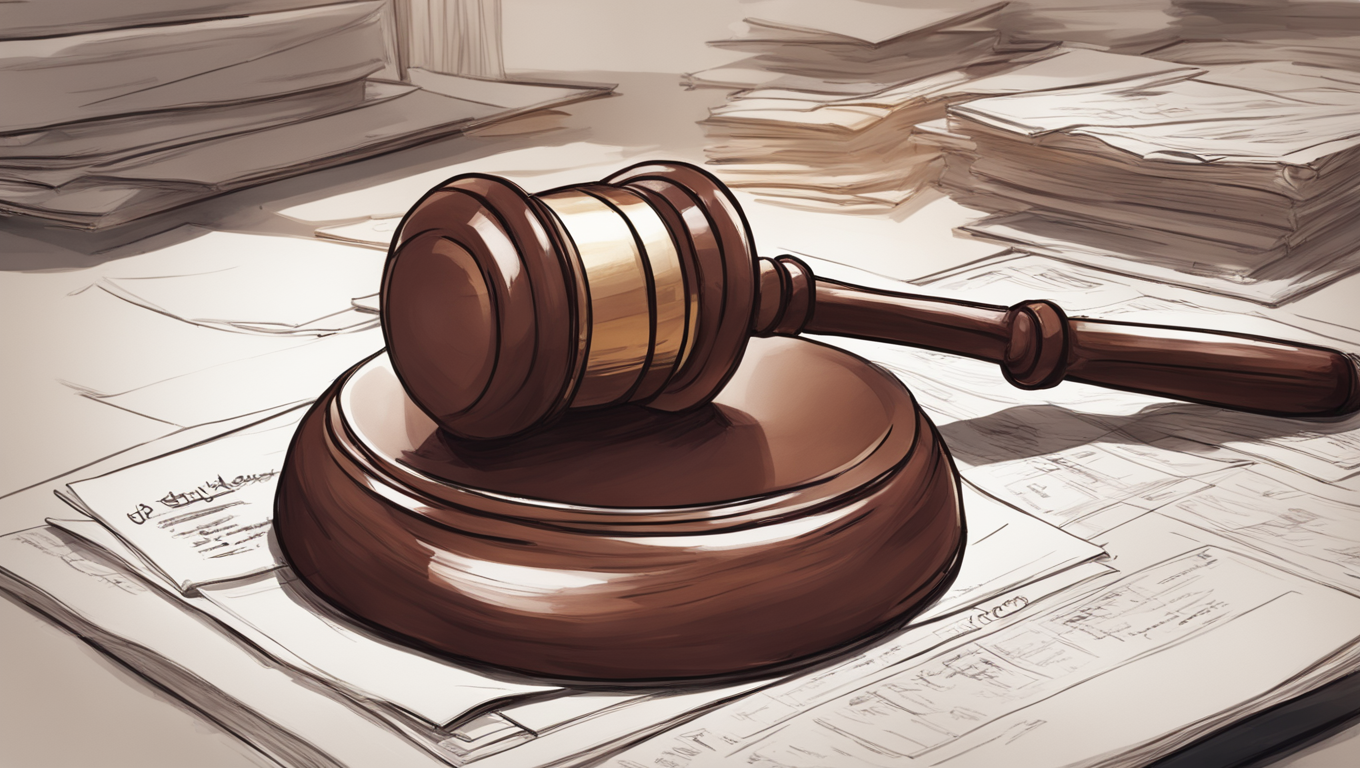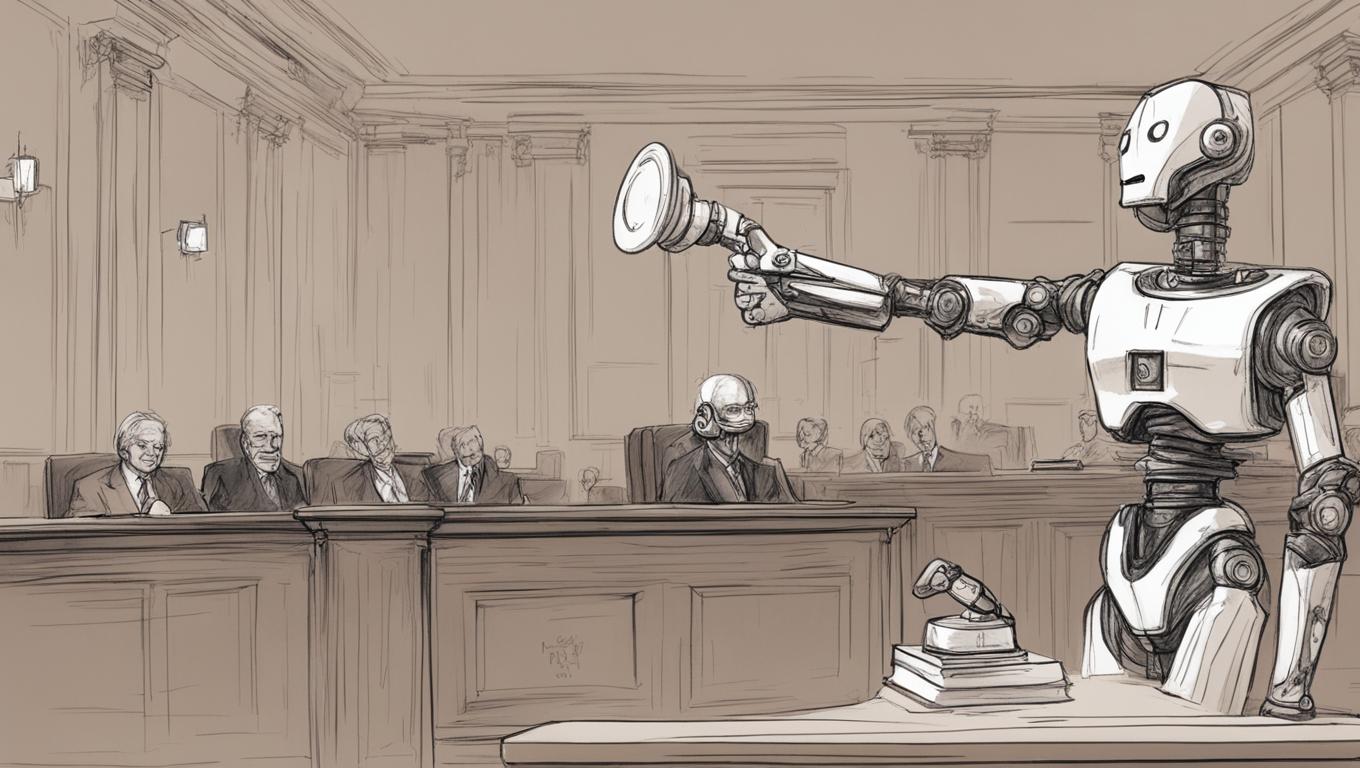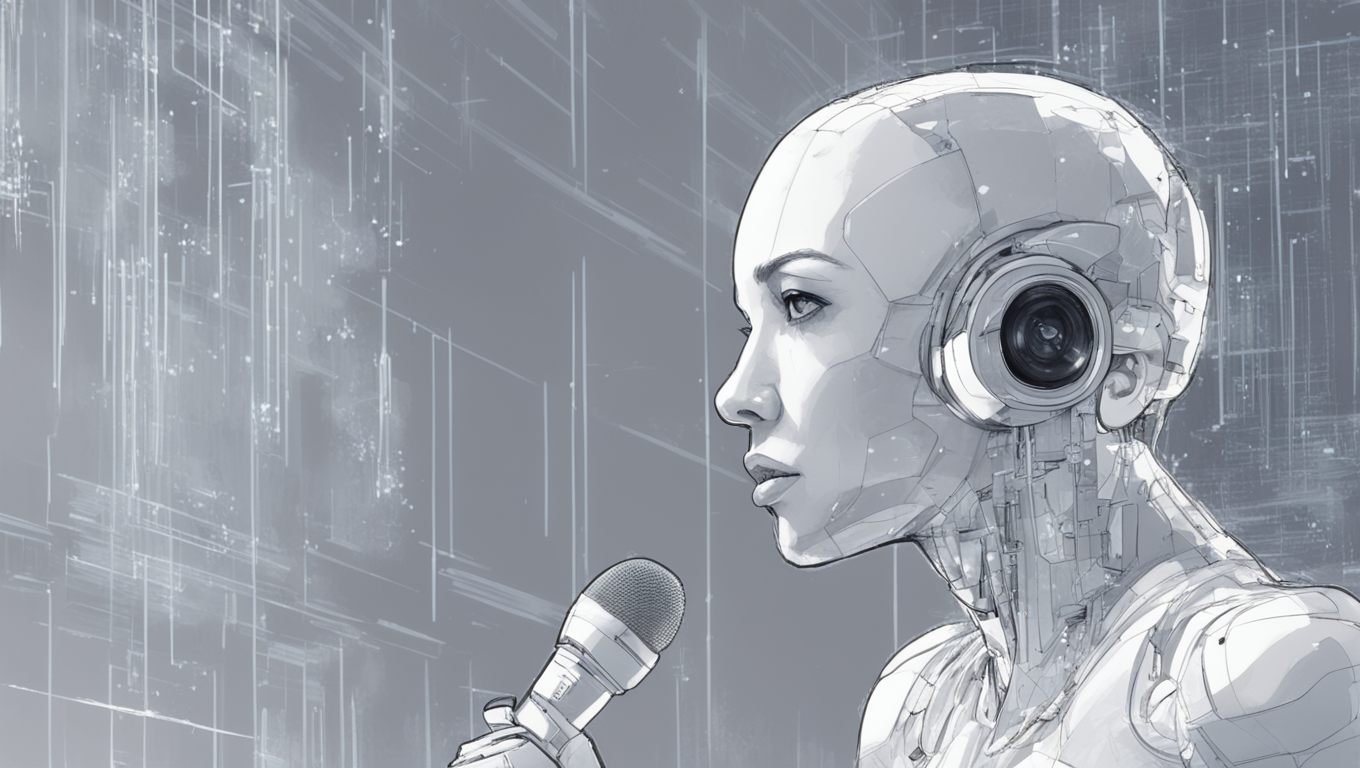OpenAI, the creator of the popular AI chatbot ChatGPT, is currently facing a lawsuit filed by Indian news agency ANI. The lawsuit alleges that OpenAI used ANI’s published content without permission to train its artificial intelligence chatbot. This legal action follows similar lawsuits filed against OpenAI by other news organizations, including the New York Times and the Chicago Tribune.
The case had its first hearing in a New Delhi High Court on Tuesday, during which the judge issued a notice to OpenAI, requesting a detailed response to ANI’s accusations. So far, ANI has not provided an immediate comment regarding the lawsuit. In its court submission, ANI claims that OpenAI’s services even attributed fabricated news stories to the publication.
In response to the ANI lawsuit, a spokesperson for OpenAI stated, “We build our AI models using publicly available data, in a manner protected by fair use and related principles, and supported by long-standing and widely accepted legal precedents.” OpenAI, along with other technology companies, has faced multiple lawsuits alleging copyright infringement.
ANI asserts that OpenAI has refused to obtain a lawful license or permission for the use of their original works. Interestingly, OpenAI has entered into licensing arrangements with other news organizations, such as the Financial Times and Associated Press, for similar use of their copyrighted content.
OpenAI has expressed its commitment to partnering with news organizations worldwide, including in India. The company is currently engaged in discussions to explore more opportunities for collaboration in the future. It is important to note that Reuters, a news agency with a minority stake in ANI, has been asked to comment on the story.
The court has scheduled the next hearing for the case on January 28, 2025. This legal battle will provide a significant precedent in determining the boundaries and regulations surrounding the use of published content for AI training. As OpenAI continues to expand its reach and influence, it must navigate these legal challenges to ensure a fair and ethical use of copyrighted materials in its AI models.





Use the share button below if you liked it.